An Atmosphere for Learning: A Student’s Journey from Research to Presentation Through Publication
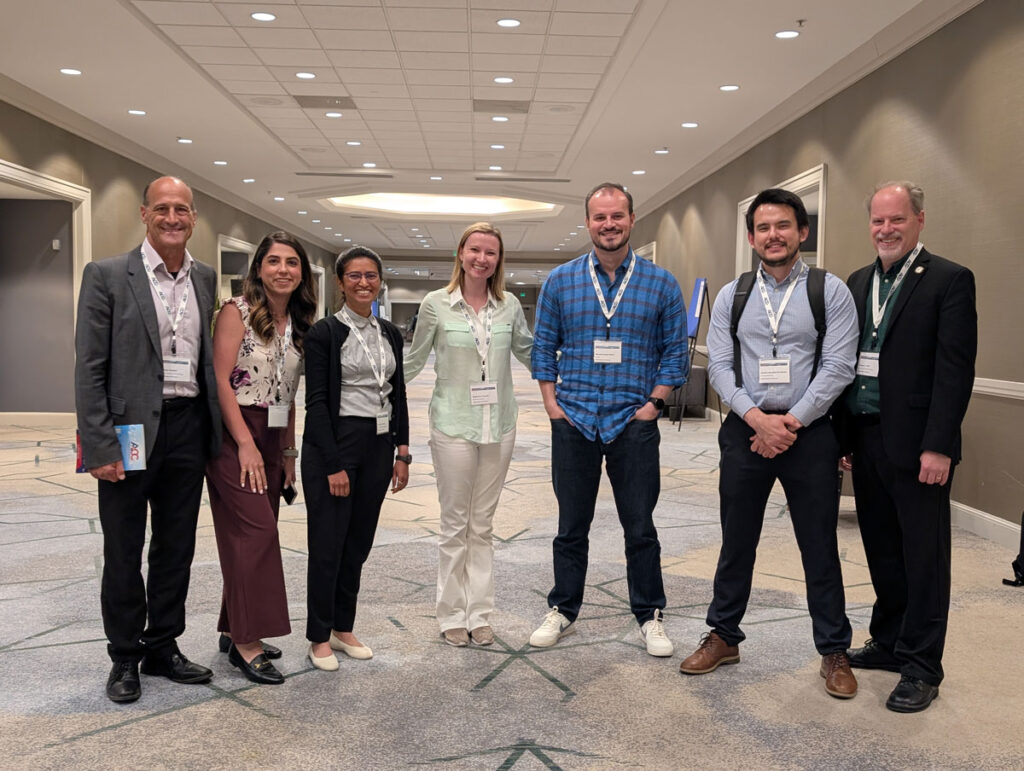
While publishing can be an exciting and rewarding accomplishment, the task can also be daunting at first. It’s a learning curve that ASPIRE Ph.D. candidate Suchita Undare, who works collaboratively on a part of ASPIRE Project 1: Charging Stations of the Future, is becoming increasingly familiar with.
“With my first paper, I found it really hard to get started with writing,” Undare said. “It’s much easier to do all the theoretical work — do the math, run simulations, get results, and present them informally to your advisor. But when it came to actually writing those six pages, there was a barrier I had to overcome.”
Fortunately, Undare’s advisors provided guidance and encouragement, demonstrating that the framework for a publication that originally seemed impossible to replicate was actually quite achievable.
“When I first started putting everything into words, it felt like six pages was very long,” she said. “But now, after publishing a few papers, I feel that six pages is very short.”
Undare’s first publication, “Computationally Efficient Dual-Mode Model Predictive Control to Ensure Safe Charging of Lithium-Ion Batteries,” appeared in IEEE Control Systems Letters (L-CSS) and was presented at the American Control Conference (ACC) 2025.
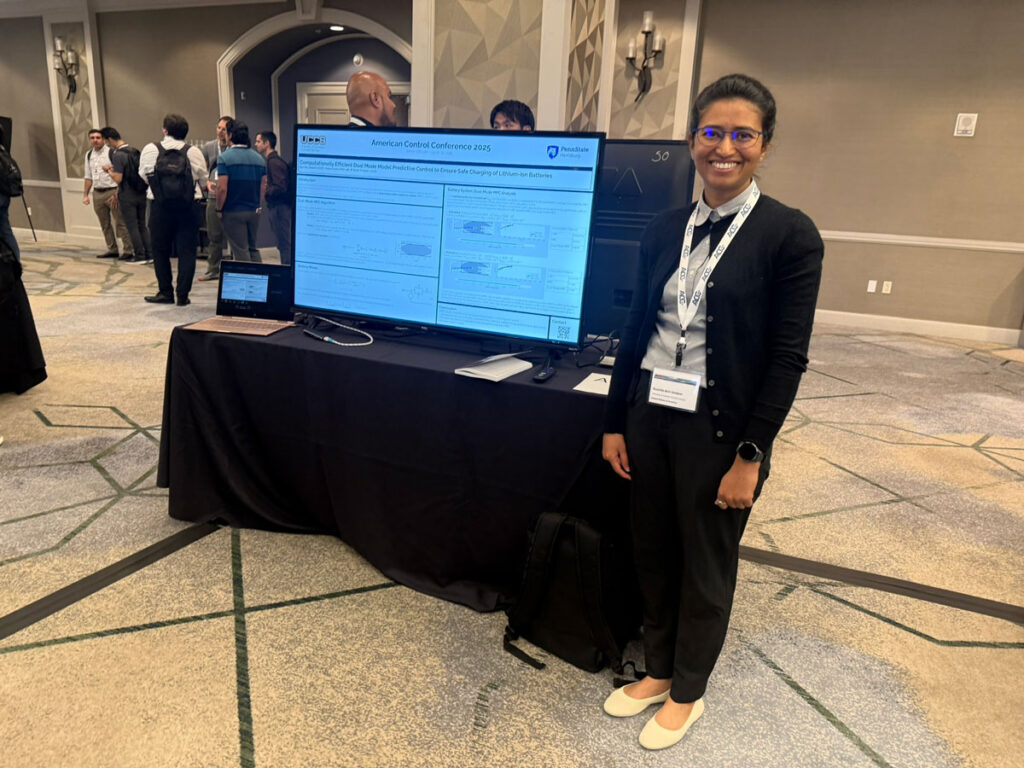
For the first time in the literature, this work applied Dual-Mode Model Predictive Control (DMPC) to a battery charging problem, demonstrating its potential to ensure safe and computationally efficient operation. Although DMPC has long been an intriguing theoretical concept, it has seen limited application in practical control problems — making Undare’s contribution a notable step toward bridging that gap.
Building on this foundation, her subsequent research expanded the theoretical analysis of DMPC’s limitations, culminating in her most recent paper presented at the Modeling, Estimation, and Control Conference (MECC) 2025, held October 5-8 in Pittsburg, PA.
“We found some drawbacks in my first paper with respect to the method we were using,” Undare said. “My focus then shifted more toward the mathematical side — trying to formally demonstrate the limitations of this approach, not just for battery applications, but for control problems in general.”
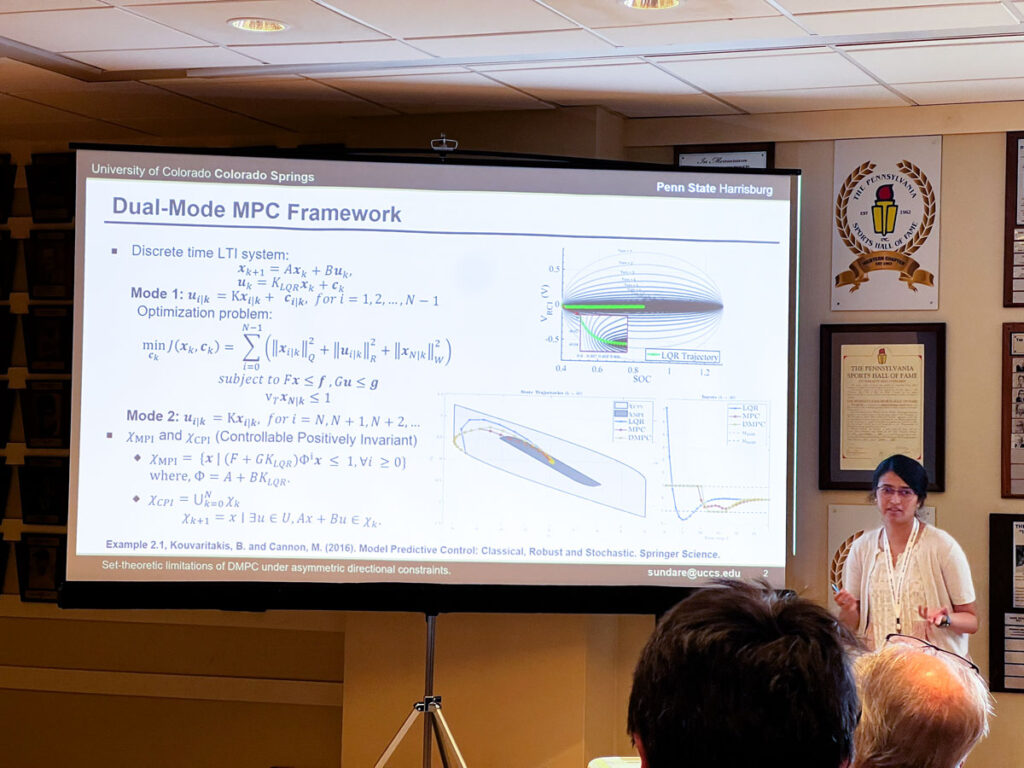
As research and learning are continuous processes, this experience opened opportunities for further exploration, particularly through constructive reviewer feedback. While this paper received positive reviews, Undare noted that not every reviewer approaches the field from the same perspective, and occasionally a paper may not perfectly align with a journal’s or conference’s focus.
“I’ve received some challenging reviews in the past, and while that can be discouraging at first, it ultimately helps refine the work,” Undare explained. “Having supportive advisors makes a tremendous difference — their perspective and encouragement remind you that a paper can always be strengthened and submitted elsewhere.”
Despite occasional setbacks, Undare finds the publication process deeply rewarding and views it as a key part of professional growth.
“When you’re doing research and achieve exciting results, you don’t want to keep them to yourself — you want to share them with the world,” she said. “The process of submitting to a conference or journal, receiving feedback, refining your work, and sometimes even adjusting your research direction is incredibly valuable. It’s very validating to see that your research is meaningful to others and contributes to the broader scientific community.”
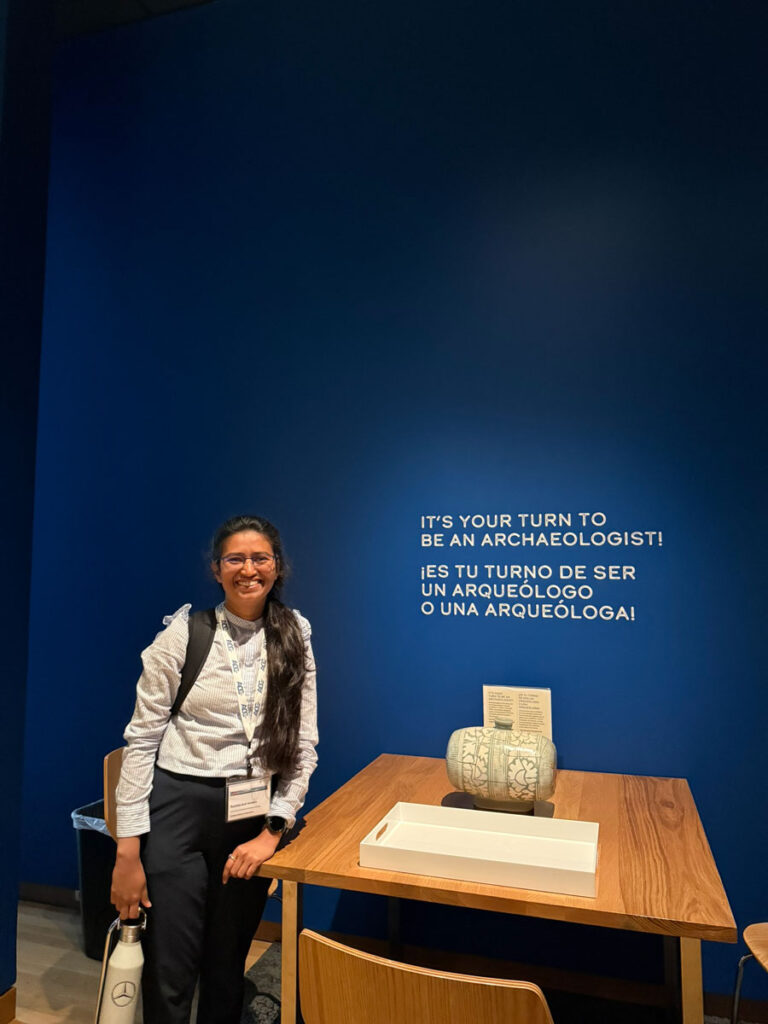
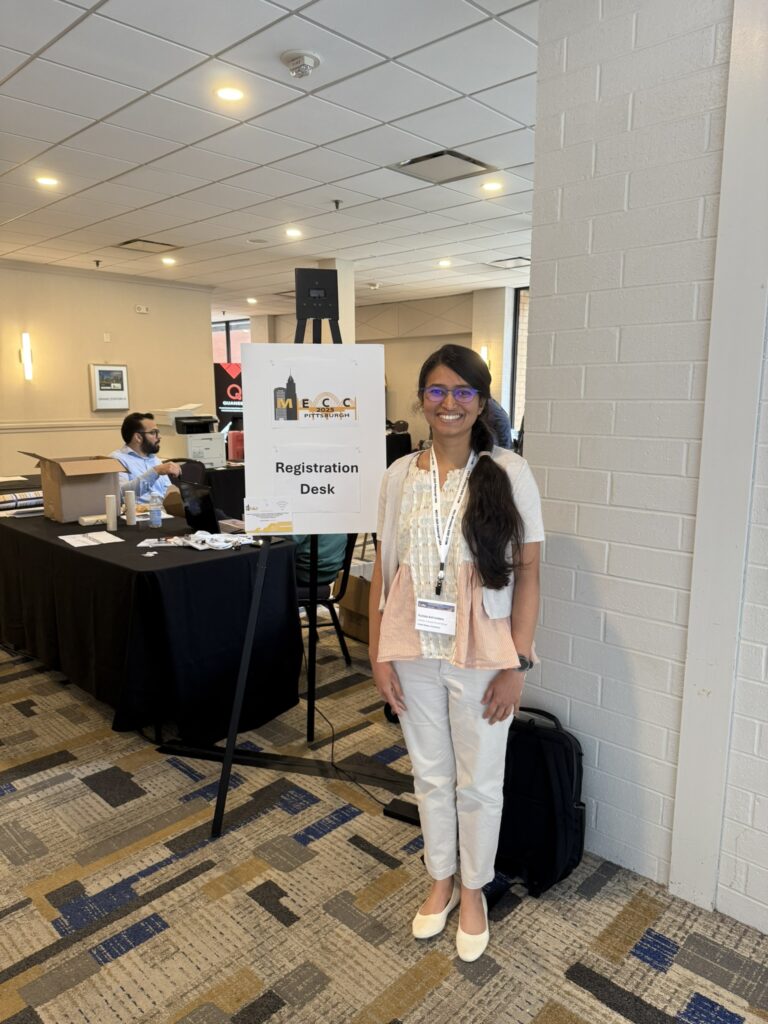
After a paper is accepted for publication, Undare encourages students to present their work in person at conferences whenever possible, even if the experience can feel nerve-wracking at first.
“When I first presented, I was really nervous because they gave us three minutes to present, and they had this big timer in front of me,” she said. “But then I had a follow-up poster presentation where I found a lot of interest from other academicians, students, and folks from industry, as my presentation was more aligned towards what industry would want.”
This experience showed the benefits of conferences — opportunities to grow and interact with people, build connections, and network — while showcasing your efforts and research.
“It’s good to see your work being appreciated and see that there is interest beyond you and your advisors,” she said. “You also get to know what others are doing, which helps you draw inspiration and insights that can be applied to new problems or extended into your own research. That is very encouraging, and it’s a nice atmosphere for learning.”
Other students who are interested in discovering the intricacies and learning opportunities available through the publication process should reach out to Melanie Conrad, ASPIRE’s student engagement coordinator, for details on how to get involved.
About ASPIRE:
ASPIRE, a National Science Foundation Engineering Research Center headquartered at Utah State University, leads groundbreaking research and development to accelerate electrification. With over 400 global collaborators, ASPIRE focuses on creating seamless, affordable electrified transportation systems, accessible for all vehicle classes, along with the public infrastructure needed to support them. By reducing emissions, improving air quality, and fostering economic growth through job creation and workforce training, ASPIRE’s work spans engineering, social science, policy, and business. Partnering with top universities, industry leaders, and community groups, ASPIRE is driving the future of advanced transportation. Learn more at aspire.usu.edu.
Contacts:
Melanie Conrad
Student Engagement Coordinator
ASPIRE ERC
Writer:
Kayleigh Kearsley
Marketing & Communications Intern
ASPIRE ERC